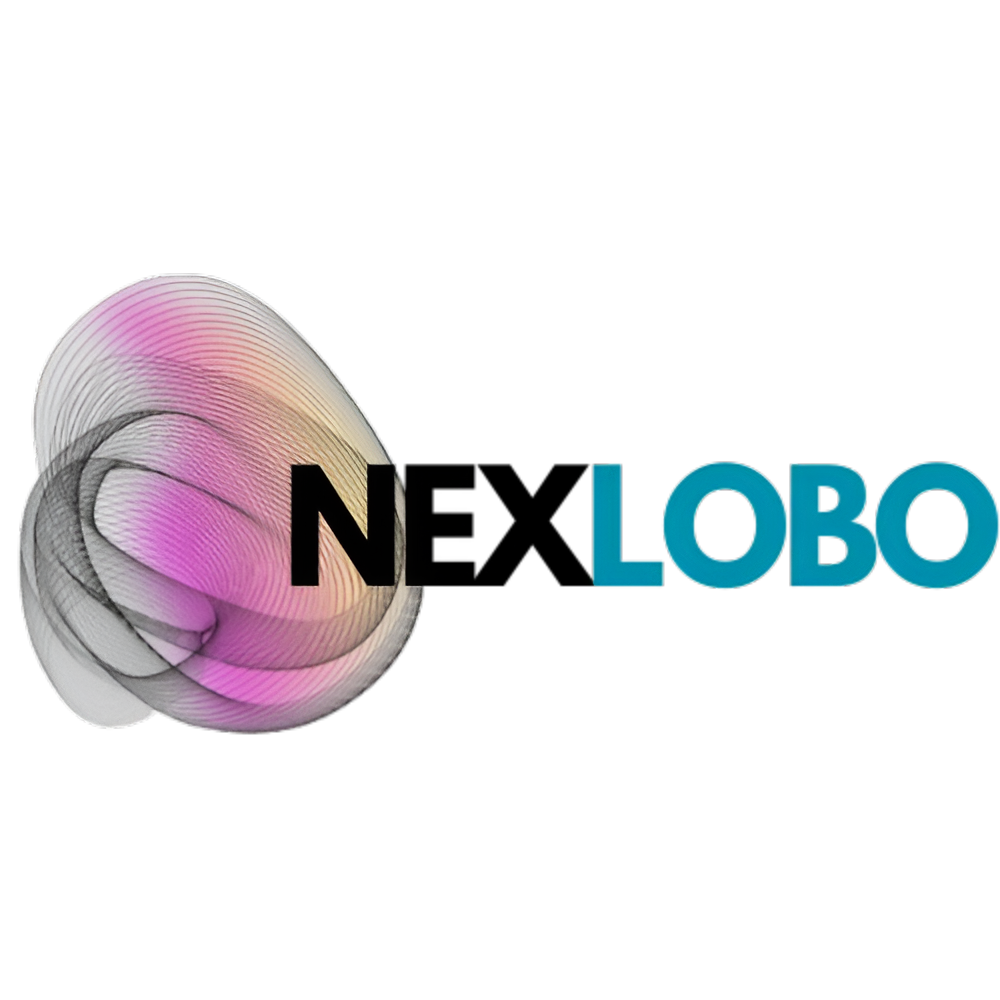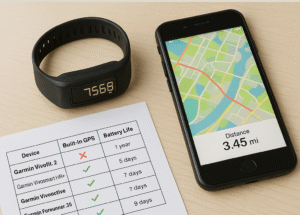Garmin Vivofit 2 GPS Functionality Explained: Full 2025 Guide & Honest Verdict

In the world of fitness wearables, GPS tracking remains a high-demand feature — especially for tech-savvy runners, cyclists, and outdoor enthusiasts. One question that consistently pops up is: Does the Garmin Vivofit 2 GPS functionality meet user expectations? This guide gives a deep dive into what the Garmin Vivofit 2 offers when it comes to GPS support.
My Experience with the Garmin Vivofit 2
Back in 2016, I picked up the Garmin Vivofit 2 for its simplicity and incredible battery life. Over time, I noticed a lot of debates online around Garmin Vivofit 2 GPS functionality — and whether or not it’s reliable for outdoor workouts. Here’s everything a fitness enthusiast should know in 2025.
Why GPS Still Matters in 2025
Modern fitness users expect precision. GPS delivers:
Real-time location tracking
Accurate distance and pace monitoring
Route mapping for outdoor sessions
Reliable workout data syncing
A 2024 Statista study found that 74% of fitness wearable buyers prioritize GPS capabilities. That puts Garmin Vivofit 2 GPS functionality directly under the spotlight.
Garmin Vivofit 2: A Quick Overview
The Vivofit 2 is known for being a budget-friendly tracker focused on essential metrics like:
Step counting
Sleep analysis
Calorie estimation
Movement alerts
While it has an edge in battery life (up to 1 year!), it’s important to highlight the Garmin Vivofit 2 GPS functionality — or rather, its limitations.
Does It Have Built-In GPS?
Short answer: No — the Garmin Vivofit 2 does not have built-in GPS.
However, Garmin Vivofit 2 GPS functionality still exists when synced with a smartphone or paired with ANT+ devices.
How Garmin Vivofit 2 GPS Functionality Works
Here’s how the tracker provides GPS-like features:
No built-in GPS chip inside
Bluetooth sync with Garmin Connect enables route mapping using your phone’s GPS
ANT+ pairing with compatible heart rate sensors can enhance workout precision
In simple terms: you’ll need your smartphone nearby to benefit from Garmin Vivofit 2 GPS functionality.
Garmin Vivofit 2 vs Other Garmin Models (With GPS)
| Device | Built-In GPS | Battery Life | Price Range |
|---|---|---|---|
| Garmin Vivofit 2 | ❌ | Up to 1 year | Entry-level |
| Garmin Vivosmart HR+ | ✅ | 5 days | Mid-range |
| Garmin Vivoactive | ✅ | 7 days | Mid-high |
| Garmin Forerunner 35 | ✅ | 9 days | Premium |
While Garmin Vivofit 2 GPS functionality can work with external tools, serious runners may find the built-in GPS on other models more convenient.
Tracking Without Built-In GPS: What You Still Get
Even without internal GPS, the Vivofit 2 delivers strong performance:
Accelerometer-based movement detection for steps and sleep
ANT+ support for fitness accessory integration
Basic data sync via Garmin Connect app
The takeaway? Garmin Vivofit 2 GPS functionality isn’t standalone but can still be effective for light-to-moderate outdoor activity.
Pros & Cons: Garmin Vivofit 2 GPS Functionality
Pros
✔ Long battery life
✔ Lightweight and comfortable
✔ Cost-effective option
✔ Syncs with phone GPS
Cons
✘ No standalone GPS
✘ Limited features for advanced athletes
✘ Requires smartphone for full Garmin Vivofit 2 GPS functionality
What Tech Users Are Saying
In a Reddit fitness tech thread, one user commented:
“The Garmin Vivofit 2 is great for tracking habits. But once I started half-marathon training, I needed more reliable GPS. Pairing with my phone worked, but it wasn’t seamless.”
This sums up what many experience — Garmin Vivofit 2 GPS functionality works, but it’s not ideal for pro-level usage.
Expert Verdict on Garmin Vivofit 2 GPS Functionality
Tech reviewers from Wareable noted:
“Garmin Vivofit 2 offers essential tracking features but lacks built-in GPS, making it reliant on external devices.”
That aligns with Garmin’s official product documentation — Garmin Vivofit 2 GPS functionality exists, but only through external support.
Better Garmin Alternatives with Built-In GPS
If built-in GPS is a dealbreaker, check out:
Garmin Forerunner series: Top-tier GPS and workout analytics
Garmin Vivoactive series: Stylish and packed with smart features
Garmin Vivosmart HR+: Sleek and accurate with integrated GPS
Each of these provides stronger native Garmin Vivofit 2 GPS functionality alternatives.
Still unsure which Garmin tracker to choose? Dive into our comprehensive guide on the top Garmin fitness trackers with built-in GPS, and find the perfect match for your active lifestyle!
FAQs: Garmin Vivofit 2 GPS Functionality
Q1: Does Garmin Vivofit 2 have GPS built-in?
No, it relies on your smartphone’s GPS.
Q2: Can it map outdoor runs?
Yes, but only when connected to Garmin Connect app.
Q3: Is it suitable for athletes?
Great for casual users; pros may prefer GPS-enabled models.
Q4: How accurate is distance tracking without GPS?
Moderately accurate via motion sensors, but less precise than GPS models.
Q5: Does pairing improve Garmin Vivofit 2 GPS functionality?
Yes — pairing with a phone or compatible device enables location tracking.
Final Thoughts: Should You Rely on Garmin Vivofit 2 GPS Functionality?
In conclusion, Garmin Vivofit 2 GPS functionality exists — but it’s not built-in. You’ll need to bring your smartphone or pair it with compatible tech to unlock GPS tracking features.
If you want an affordable, no-fuss fitness tracker with long battery life and basic tracking, Vivofit 2 is still a solid choice. But if accurate, on-device GPS is crucial for your routine, consider stepping up to one of Garmin’s GPS-enabled models.
👉 Explore Garmin’s full range of GPS trackers and choose what fits your training goals best.






Leave a Reply